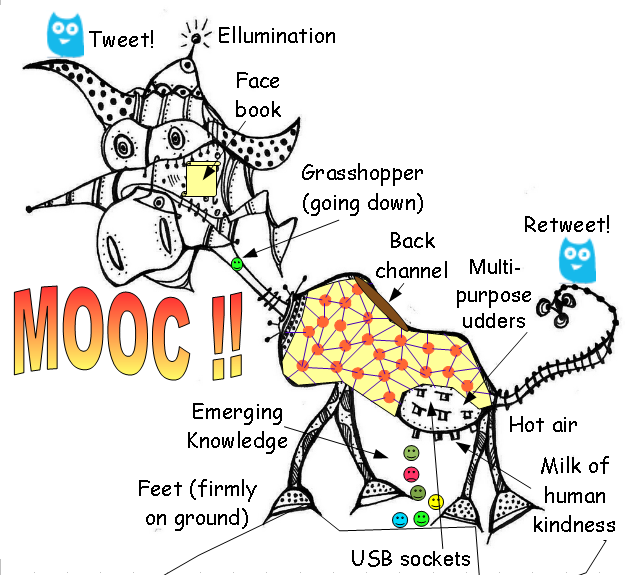I found an interesting article about how MOOCs (massive open online course) can help a wide variety of students on an International level. Countries such as Egypt have students that are not able to take college-level courses if it wasn't for professors willing to give of themselves to provide an education to those that truly need it in order to obtain a better life for themselves or their family. The missing piece of the solution is setting up the location for the students to participate in the course. United States foreign aid could be used to rent a small building, install computers, and set up satellite Internet connections to turn this dream into reality. In the future there could be credible credentials to show their employers that they have knowledge about the subject that they studied (Friedman, 2013).
Reference:
Friedman, Thomas (2013). Revolution Hits the Universities. Referenced from http://www.nytimes.com/2013/01/27/opinion/sunday/friedman-revolution-hits-the-universities.html?hp&_r=1&pagewanted=all&.
#cmc11



